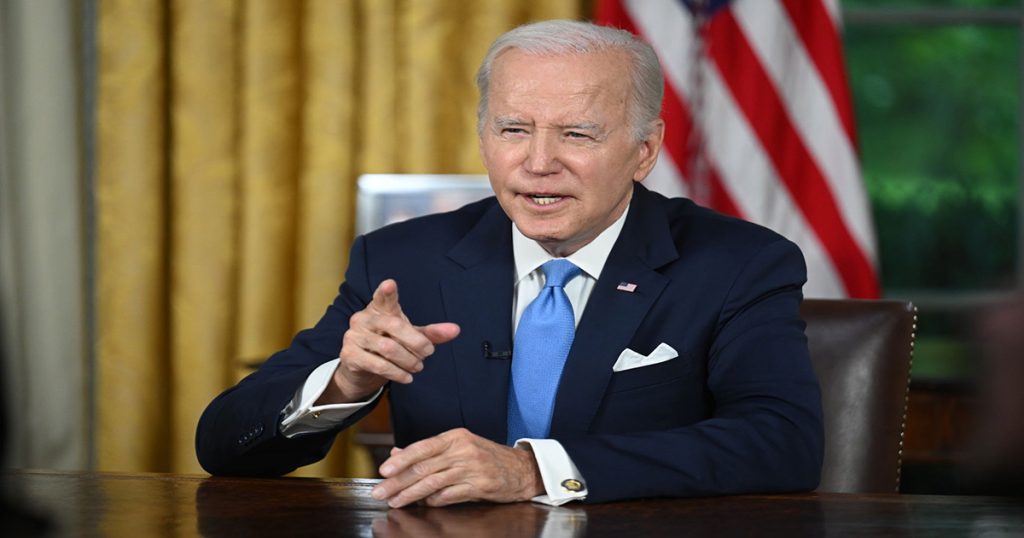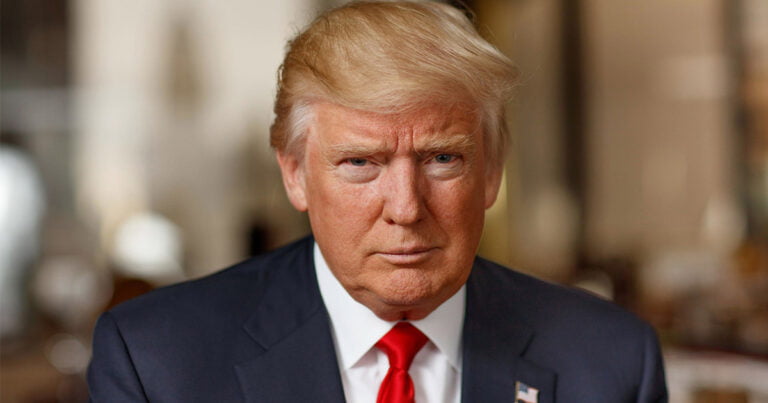On Thursday, the simmering dispute over U.S.-Mexico border security reached new heights as former President Donald Trump, in a bold move, urged states to dispatch National Guard troops to Texas, openly defying the federal government. This aligns with Texas Governor Greg Abbott’s controversial implementation of the Constitution’s “Invasion Clause,” utilizing it as justification for the ongoing construction of razor wire barriers, despite a clear Supreme Court order demanding their prompt removal. Trump’s directive further intensifies the already contentious situation, injecting his influence into the complex web of political, legal, and security issues surrounding the U.S.-Mexico border.
Trump’s fiery statement framed the situation as a “National Security, Public Safety, and Public Health Catastrophe,” echoing Abbott’s claims of an “invasion” by migrants. He called on “all willing States” to deploy National Guard units to aid Texas in “preventing the entry of Illegals” and “removing them back across the Border.” This appeal further stoked the partisan divide, galvanizing Republican governors like Oklahoma’s Kevin Stitt and Florida’s Ron DeSantis, who voiced support for Abbott’s actions.
Trump doubled down on his hardline stance, promising swift action if re-elected. He pledged to “work hand in hand” with border states on Day One to “Stop the Invasion” and launch a “Rapidly Begin the Largest Domestic Deportation Operation in History.” His rhetoric directly targeted President Biden, whom he accused of “aiding and abetting” the migrant surge and “fighting Texas” instead of cooperating.

Democrats predictably countered with calls for nationalizing the Texas National Guard to ensure compliance with the court order. Concerns over states potentially overriding federal authority on immigration issues intensified amidst this escalating political tug-of-war.
The situation at the U.S.-Mexico border remains a potent political flashpoint, with Trump’s intervention injecting further volatility into the debate. With midterm elections looming and the 2024 presidential race heating up, it’s safe to say this issue will continue to dominate headlines and ignite partisan rhetoric for the foreseeable future.




